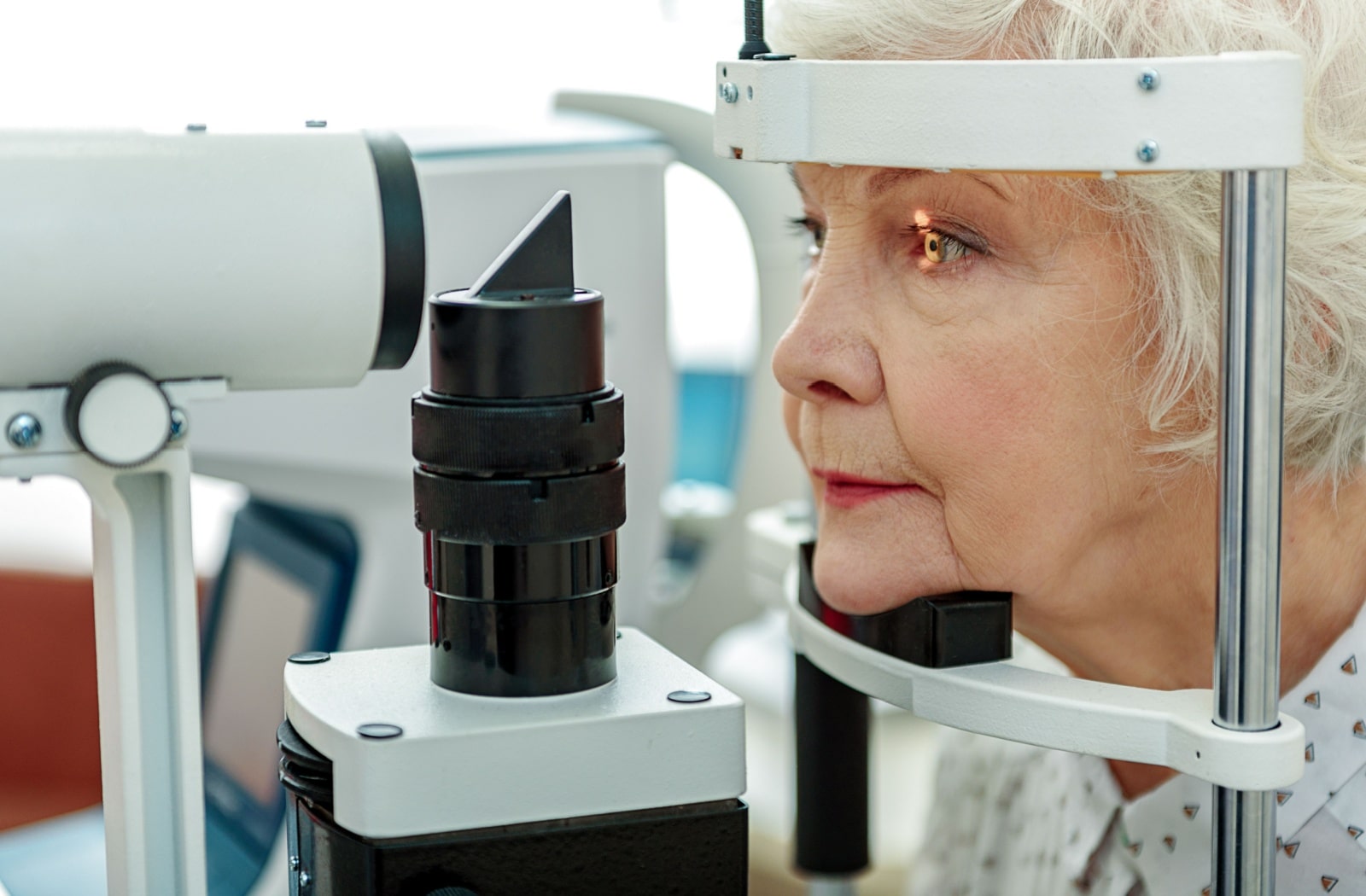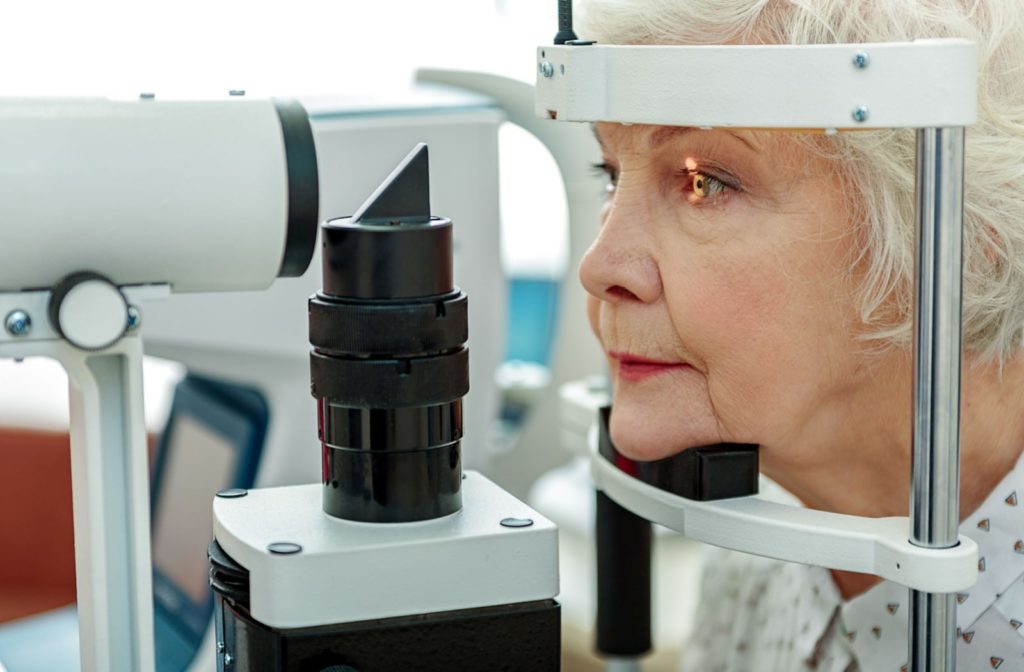Diabetic retinopathy is a serious eye condition that affects people with diabetes. It occurs when high blood sugar levels damage the small blood vessels in the retina, leading to vision loss and potential blindness if left untreated.
While there is no cure for diabetic retinopathy, it is possible to slow down or even reverse its progression. This can be achieved through:
- Proper management of diabetes
- Regular eye exams
- Managing blood sugar levels
- Controlling blood pressure and cholesterol levels
- Quitting smoking
- Maintaining a healthy lifestyle
- Professional treatment options
Proper Management of Diabetes
The most important step in preventing and reversing diabetic retinopathy is to properly manage diabetes. This includes:
- Monitoring and controlling blood sugar levels through diet, exercise, and medication as prescribed by a doctor.
- Regularly checking blood sugar levels and taking necessary actions to keep them within a healthy range.
- Maintaining a healthy body weight.
- Educating oneself about diabetes management and following the advice of healthcare professionals.
Uncontrolled high blood sugar can cause damage to the small blood vessels in the retina, leading to vision loss. By keeping blood sugar levels under control, the risk of developing or worsening diabetic retinopathy can be significantly reduced.
Regular Eye Exams
People with diabetes are encouraged to have yearly eye checkups done by an eye doctor. These comprehensive exams are key in spotting any changes in the retina early on, allowing for timely actions to prevent harm.
Moreover, these regular eye tests help track treatment progress and make any adjustments needed for better management of diabetic retinopathy and overall eye health.
Your eye doctor may also recommend more frequent checkups if you have underlying eye conditions or other risk factors, such as high blood pressure or high cholesterol.
Managing Blood Sugar Levels
Keeping blood sugar levels within a healthy range is crucial in managing and potentially reversing diabetic retinopathy. This can be achieved through:
- Following a healthy diet plan tailored for people with diabetes
- Regular physical activity and exercise
- Taking prescribed medication as directed by a doctor
It’s important to work closely with a healthcare team to develop an individualized plan for managing blood sugar levels that takes into account factors such as age, overall health, and lifestyle.
Controlling Blood Pressure & Cholesterol Levels
High blood pressure and raised cholesterol levels are key factors that can worsen the progression of diabetic retinopathy. It’s important to keep a close eye on these conditions and manage them effectively to reduce the risk of vision problems.
To tackle these issues, individuals might consider a few strategies, like:
- Sticking to medication routines prescribed by healthcare providers, making sure to take them on time
- Making dietary changes and embracing lifestyle tweaks to lower blood pressure and cholesterol levels
- Regularly monitoring blood pressure and cholesterol at home and quickly sharing any changes with healthcare professionals for guidance
Quitting Smoking
Smoking can significantly increase the risk of developing diabetic retinopathy and other complications associated with diabetes. Quitting smoking can not only improve overall health but also help to prevent or slow down the progression of diabetic retinopathy.
If you are struggling to quit smoking, speak to your healthcare team for support and resources that can help you on your journey to becoming smoke-free.
Professional Treatment
In addition to lifestyle changes, professional treatment may be necessary to manage and treat diabetic retinopathy.
Laser Eye Surgery
Laser eye surgery, a minimally invasive procedure, is used by eye doctors to carefully seal leaking blood vessels in the retina, helping to reduce swelling effectively. By precisely targeting the affected areas, this intervention supports maintaining visual acuity and lowers the risk of further retinal damage.
Vitrectomy
In more advanced cases of diabetic retinopathy, a procedure called vitrectomy may be recommended. This involves removing blood and scar tissue from the eye, allowing for clearer vision. It’s important to discuss all treatment options with your eye doctor and carefully weigh the potential risks and benefits before making a decision.
Injections
In some cases, eye doctors might give intraocular injections of medication to tackle inflammation and prevent further harm to the eye. These injections may need to be repeated from time to time to keep them effective and help reduce swelling.
Safeguard Your Vision with Insight Eyecare
Diabetic retinopathy is a serious and potentially sight-threatening complication of diabetes. However, by regularly monitoring blood sugar levels, making healthy lifestyle choices, and seeking professional treatment when necessary, it is possible to manage and even prevent the progression of this condition.
Speak to your healthcare team for personalized advice and support in managing diabetic retinopathy. Early detection and treatment can greatly improve the outcome and quality of life for those living with this condition.
At Insight Eyecare, our team is experienced in diagnosing and treating diabetic retinopathy. Contact us today for a comprehensive eye exam to help preserve your vision and maintain your overall well-being.







